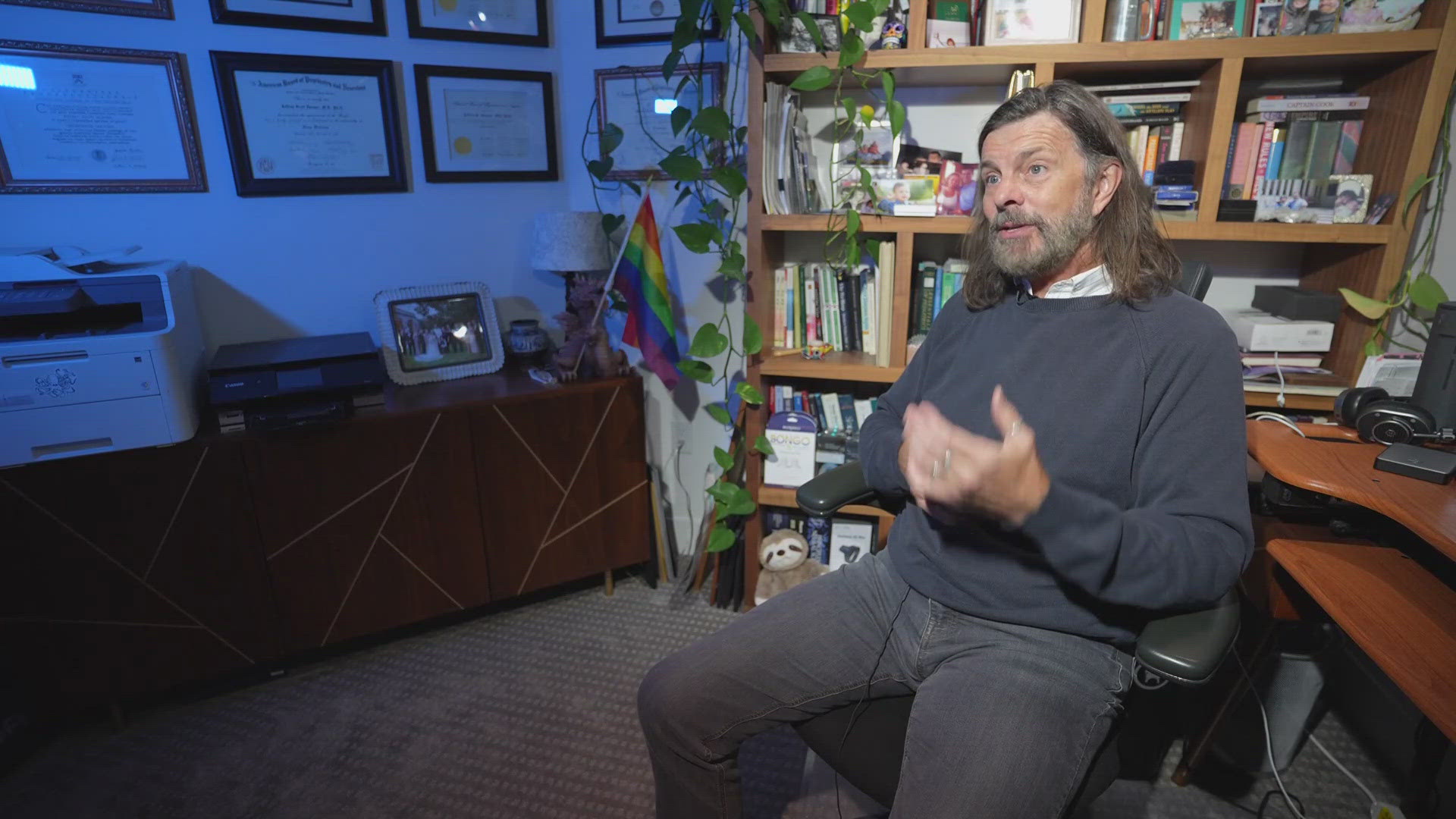DENVER — To reach the Olympics, athletes have to train hard and for years. But more science is showing that if an athlete hopes to be among the best, they also have to be good at sleeping.
Team USA has been focusing more on the importance of sleep, and one of their leading sleep doctors lives in Denver.
Dr. Jeff Durmer, a circadian neurobiologist who has worked with NFL teams and Olympians, has found the best athletes are also the best at sleeping — especially during long competitions far from home.
When you see athletes training for the Olympics, it might look like all the work is done when they're awake. But a lot of training is also done when an athlete is sleeping.
When it comes to elite sports, Durmer said sleep is a performance enhancement that is not illegal. In fact, it's critical with studies showing the importance of sleep to an athlete's performance.
"Effective sleep actually leads to improved performance at high-level athletics including swimmers, basketball players [and] football players," Durmer said. "Now we're starting to use this much more in the elite non-professional sports teams like the Olympic team."
Most research into elite athletes and their sleep doesn’t even happen in a lab anymore. Instead, people wear a small ring on their finger that helps track sleep patterns over weeks and months.
"That gives us a pulse, which is also a way to detect the heart rate variability, as well as the tidal, volume respiratory variability, oxygenation and movement," Durmer said.
And just in time for the Paris Olympics, there’s a lot of research to see how sleep can be impacted when an athlete has to travel from the United States to Europe. Team USA is putting more resources into reducing travel impacts on sleep to improve performance.
Along with physical benefits, sleep also helps an athlete deal with the mental stress of Olympic competition.
That's why Durmer said the best way to earn gold at the Games, is to just sleep on it.

